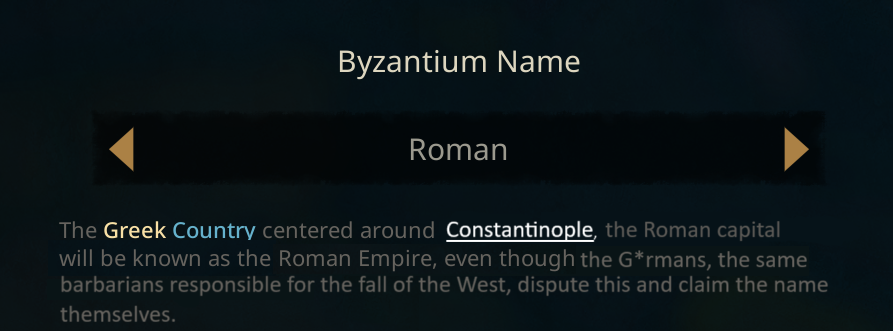I didn't really read all of this because obviously I wasn't clear in the first post and you are confused about what I tried to explain. The Greeks started calling themselves Rhomaioi much later in history, centuries after being under Roman rule.
We call them Greek in English only because Latins called the Hellenes who settled in Italy (who were just one Hellenic tribe) "Graeci" (remnants of whom are today called "Griko" by Greeks.) But those were only one group of Hellenic people. There were also Aeolians, Dorians, Cypriots, Macedonians, Ionians, etc.
After the conquests of Alexander and later under the Byzantine Empire these various Hellenic ethnic groups started using Koine as it became lingua franca, which in time became the standard langauge and at some point various Hellenic people started calling themselves Roman.
While looking for sources I came up with the following which is an academic paper literally about what I am trying to explain:
It has long been established that Modern Greek popular culture perceived Hellenes as mythical people with supernatural powers who did not make part of the core of the Romaic identity. Recent studies confirm that the formation of an ethnic Romaic
www.academia.edu
The first chapter is not behind a paywall and it explains how "Graikoi" entered from western literature and how people almost never used it. Apparently until 17th century all "Greeks" called themselves "Romaioi" and from what I understand it was to denote their Orthodox Christian identity (as opposed to the 'heretic pagan' "Hellenic.") So thanks to this thread now I know why they started calling themselves Roman, it was part of the mandatory Christianization process.



